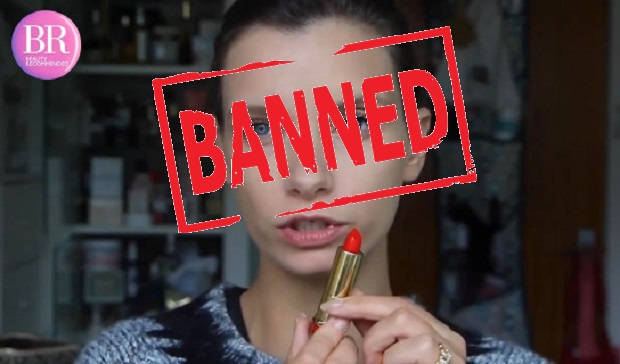The Advertising Standards Authority (ASA) has banned a YouTube video featuring a well-known vlogger because it didn’t clearly explain it was sponsored by P&G’s Max Factor brand.
The video from Ruth Crilly features the model using a number of Max Factor products as part of a make-up tutorial.
The ASA ruled that the ad mislead viewers who would not be aware that the ‘Beauty Recommended’ channel – under which the video appeared – was owned by P&G and therefore classed as sponsored advertising.
Crilly has her own YouTube channel called A Model Recommends that has nearly 300,000 subscribers.
P&G has defended its case, stating that the brand ensured that viewers were aware that the vlog was sponsored before they engaged with the material.
However, the ASA ruled that consumers would not necessarily be aware that the Beauty Recommended brand was owned by P&G and therefore that the video must not appear again in its current form.
The ad watchdog said: “We concluded, therefore, that the videos within the Beauty Recommended channel, including the Easy Lip tutorial, were not obviously identifiable as marketing communications.”
A P&G spokeswoman said: “We are disappointed following this ruling by the ASA as we believed the vlogs on our Beauty Recommended channel were clearly identifiable as marketing communications and in any event clearer than many of our competitors’ channels.”
“We have however as a result of the ruling made further changes to ensure we are even more transparent going forward and welcome any further guidance from the ASA to ensure there are clear industry standards in place for all in this area.”
The move echoes a similar case last year when Mondelez UK came under fire for similar reasons at the end of last year, following five YouTube videos featuring UK vloggers taking part in an Oreo ‘lick race’.
The videos were ultimately ruled as ‘commercially misleading’ and banned by the ASA.
P&G is one of the world’s biggest spenders when it comes to advertising, but the company has announced it will reduce its spending on traditional methods like print ads in favor of more affordable and effective digital presentations in the future.

